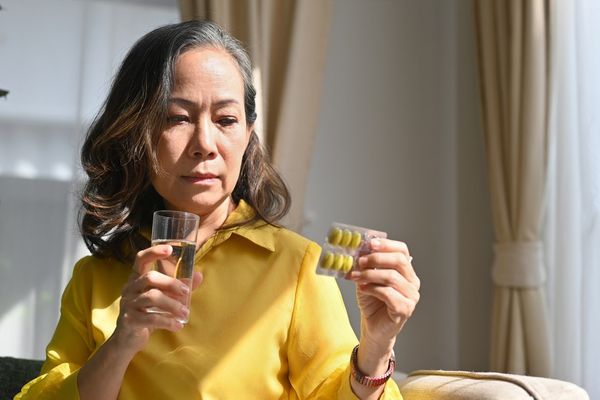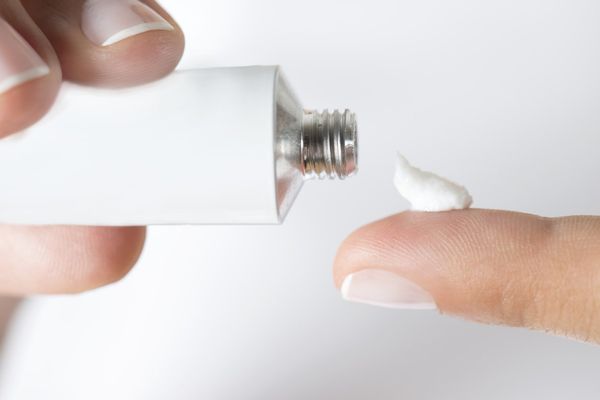From Women's Health Foundation
Although vaginal dryness can happen at any age, it is common during or after menopause. Vaginal walls are coated with a thin layer of moisture. As estrogen levels decline during menopause, the amount of moisture drops and its consistency changes. As a result, the vaginal walls become thinner and inflamed.
Common symptoms of vaginal dryness include:
- Itchiness, burning, discomfort, and soreness around vaginal walls
- Frequent and urgent urination
- Light bleeding or pain during intercourse
- Slight vaginal discharge
- Recurrent urinary tract infections
Influences/Causes
- Menopause
- Childbirth
- Breast-feeding
- Cigarette smoking
- Radiation and hormone treatment around pelvic areas
- Chemotherapy
- Anti-estrogen medications, such as those used to treat breast cancer
- The main cause of vaginal dryness is a decreased level of estrogen. The following conditions contribute to reduced estrogen levels:
- Immune disorders
- Douching
- Certain tampons and condoms
- The vagina can be further inflamed or irritated due to:
Treatments/Remedies
- Vaginal moisturizing creams, usually available without a prescription
- Water-soluble vaginal lubricants (for use during sex)
- Prescription estrogen, available as a ring, tablet, or cream
- To minimize vaginal dryness, avoid douching, lotions, perfumes and scented soaps, and try one or more of these strategies:
From Your Site Articles
- Menopause and Your Sexual Health: When Dryness Equals Discomfort - HealthyWomen ›
- Vaginal Thinning - HealthyWomen ›
- Vaginal Estrogen Is Safe for People with a History of Breast Cancer - HealthyWomen ›
- Questions and Answers About Vaginal Atrophy - HealthyWomen ›
- Facts About Vaginal Estrogen - HealthyWomen ›







